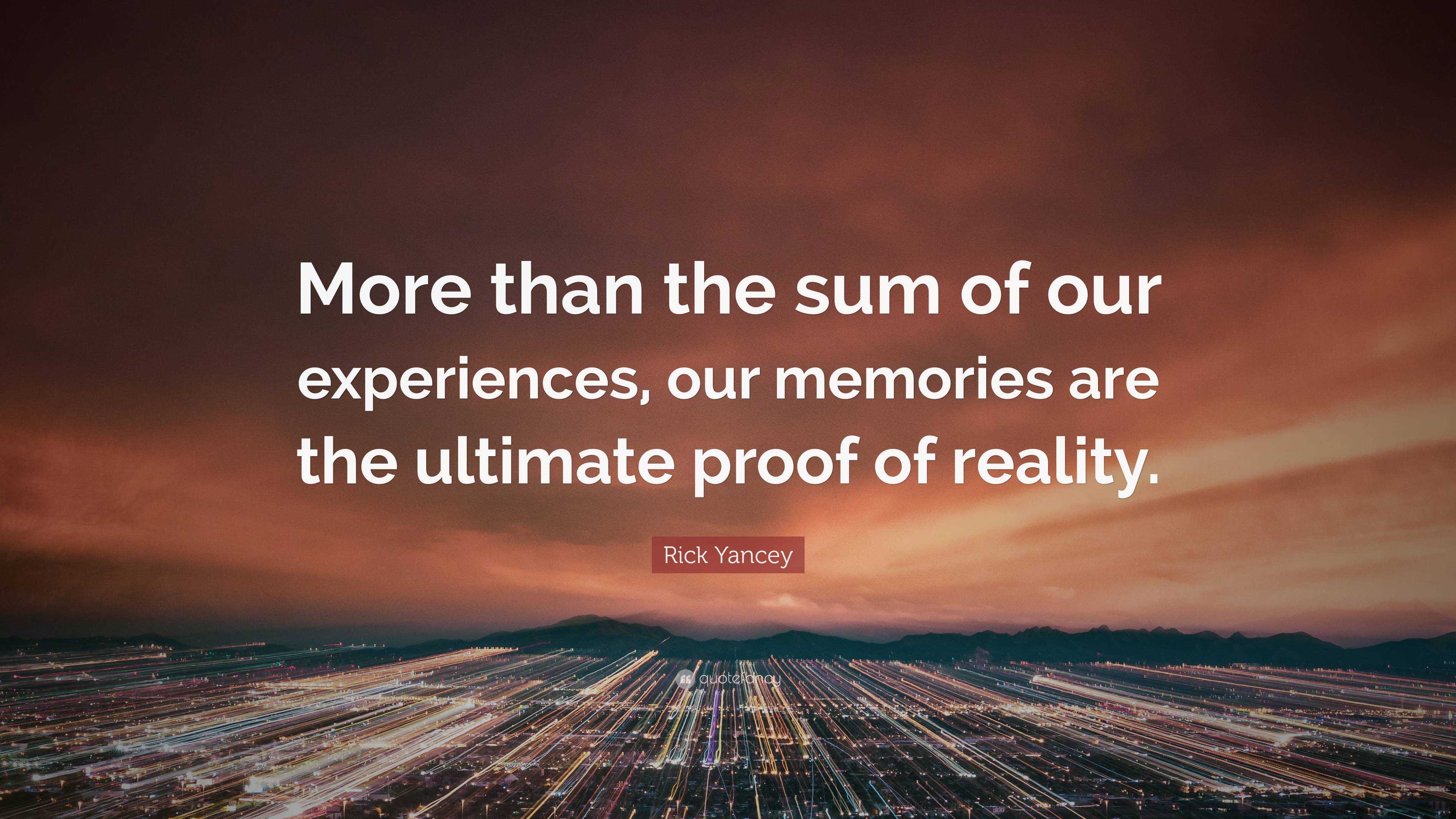If you like reading about philosophy, here’s a free, weekly newsletter with articles just like this one: Send it to me!
“Everything looks better in black and white,” sings Paul Simon – or, as we more commonly say, we tend to see the past through rose-tinted glasses. The happiness of memories is a fascinating subject of psychology. Daniel Kahneman, a psychologist researching the psychology of economics, has made great contributions to our knowledge of what drives people to make particular choices.
Although in economics there is a common assumption that people (consumers) will act rationally, pursuing their own best interests, Kahneman and others [1] have repeatedly demonstrated that this is not always the case and that we will not be able to make sense of human choices if we don’t consider the irrational factors that often underlie human motivation and choices.
According to Kahneman, our memories are not accurate to the truth of the events. Instead, we remember a distorted version of the truth, in which we tend to neglect the duration of events. Our memories emphasise more strongly the beginning and end of an episode and any significant changes in between, while we tend to forget the long stretches of time in which our experience did not change greatly.
Experience and memory
One of the important distinctions regarding the happiness of memories is that between the experiencing and the remembering self. Indeed, it often seems like every human being is really two different persons: one that has an experience at some point in time, and a different person that creates a memory of that experience. The crucial insight is that this memory often bears very little resemblance to the actual experience that underlies it.
Imagine, says Kahneman, that you are listening to the recording of a concert, and you enjoy it very much. At some point, after, say, ten minutes of great music, there is a horrible screeching sound, and the recording stops. How would you describe what happened? We might be tempted to say that the experience of the music was destroyed by the screeching sound. But this would not be accurate. For ten minutes, you did have a great experience, and this experience, having already been experienced, cannot be altered by the screeching sound that came after it. Instead, what happened was that your memory of that experience was affected by the flaw in the recording. Whenever you try to remember this event and the music, you will always also remember the screeching end of the experience, and this …
Read the full article which is published on Daily Philosophy (external link)





